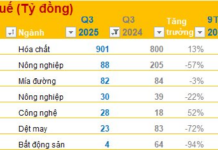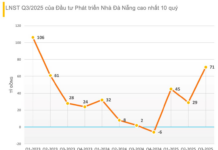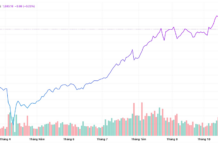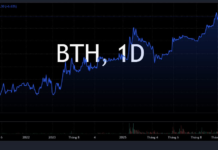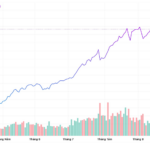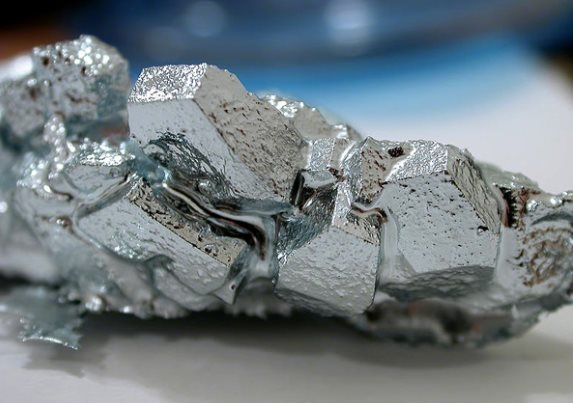
Illustrative image
On March 13, China’s Ministry of Commerce announced that the country would immediately ban the export of dual-use items (goods and technologies that can be used for both civilian and military purposes) related to gallium, germanium, antimony, and super-hard materials to the US.
“In principle, the export of gallium, germanium, antimony, and super-hard materials to the US will not be permitted,” the Ministry stated.
The directive from the Ministry emphasized safeguarding national security and interests, and also called for stricter scrutiny of the end-use of dual-use graphite items shipped to the US.
These restrictions are part of China’s plan to tighten control over the export of critical minerals, which was announced last year, and they are specifically targeted at the US amid escalating trade tensions.
China’s announcement came after the US took its third action in three years against China’s semiconductor industry, restricting exports to 140 companies, including chip equipment maker Naura Technology Group.
China holds a near-monopoly on germanium and gallium production. In 2022, the country accounted for 98% of global gallium production and 68% of refined germanium output, according to data from the US Geological Survey (USGS).
Gallium is a soft, silvery metal that is easily cut with a knife. This rare element is commonly used to create compounds for radio frequency chips in mobile phones and satellite communications. Germanium, a hard, brittle, gray-white metalloid, is used in the production of optical fibers that transmit light and electronic data.
Neither of these rare elements is found naturally but is usually a byproduct of mining common metals, mainly aluminum, zinc, and copper. Processing these rare elements can be technically challenging, energy-intensive, and environmentally harmful, according to ING Group representatives.
From 2005 to 2015, China’s production of low-purity gallium surged from 22 million tons to 444 million tons, according to data from the Center for Strategic and International Studies (CSIS) in Washington. CSIS analysts attribute China’s dominance in the aluminum industry as the main factor in its overwhelming share of global gallium production.
Antimony (Sb) is an important metal with a unique combination of characteristics, including hardness and brittleness. It is primarily used in alloys and not in its pure metallic form. Antimony is used in a variety of industries, including the production of bearings, machine shafts, and automobile parts. Notably, antimony is extensively used in the manufacturing of battery grids, accounting for 10 to 12% of the weight of the electrode grids. In 2019, Vietnam exported $34.3 million worth of antimony, becoming the second-largest exporter of this metal in the world.
According to Reuters













